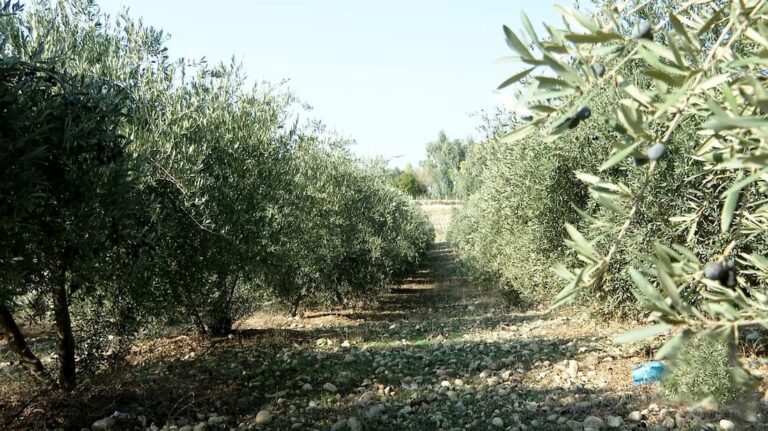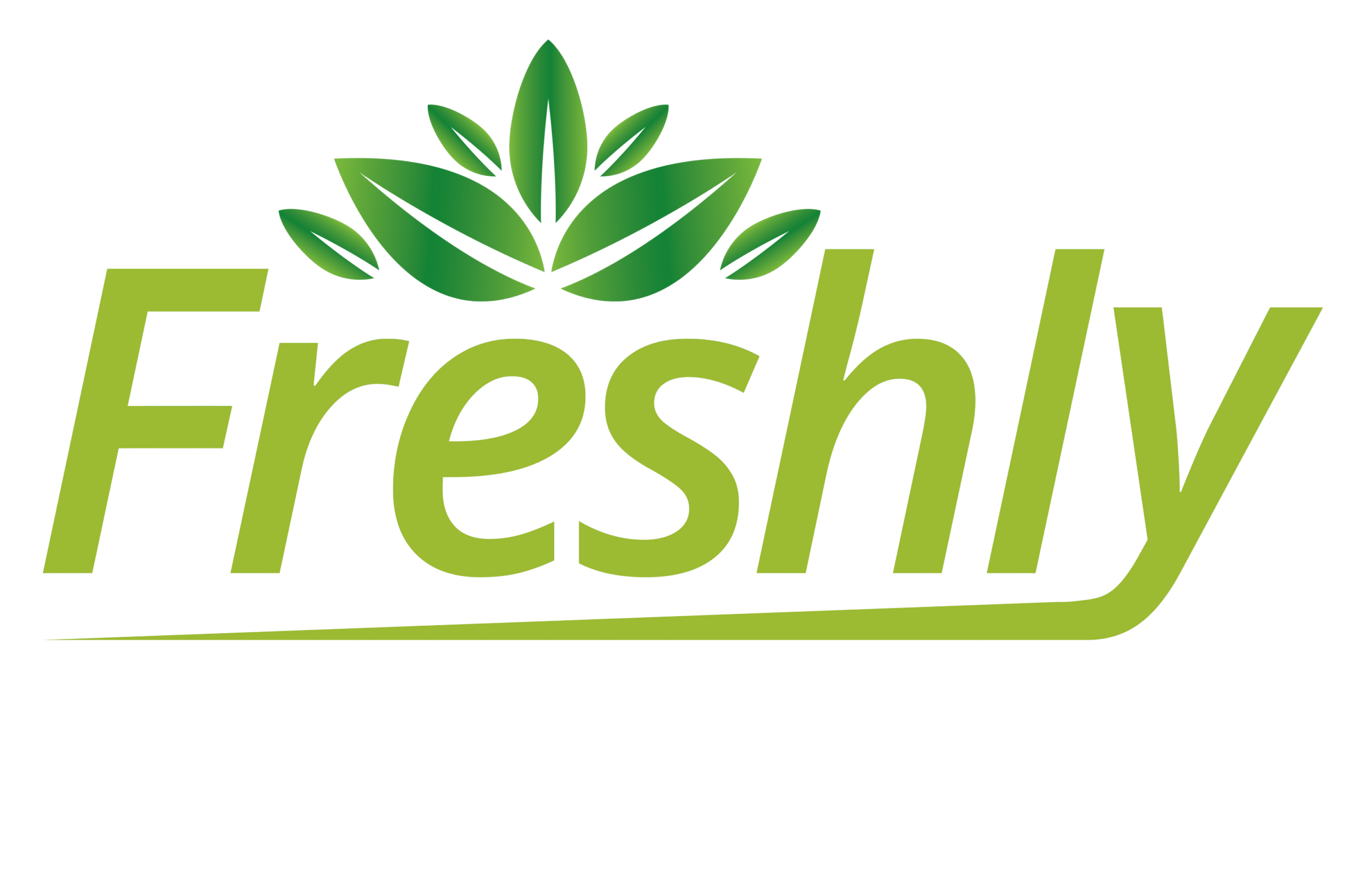
Overview:
In Duhok’s rugged hills, women are breathing new life into abandoned olive groves. Through determination and community spirit, they’re building a movement rooted in tradition and sustainability.
In This Article:
- Stories of women-led cooperatives restoring 100+ hectares of olive farms
- How organic practices and heirloom varieties are making a comeback
- Challenges: water access, land rights, and social perception
- How Freshly and local NGOs are providing microgrants and training
Key Insight:
These women aren’t just growing olives—they’re cultivating independence, dignity, and economic security for their families.
About The Article
The Women Revitalizing Olive Farming in Duhok
From Forgotten Groves to Flourishing Futures
In the sun-soaked hills of Duhok, something remarkable is growing—not just olives, but opportunity. Once abandoned or underutilized due to migration, land disputes, and climate pressures, hundreds of olive groves are being brought back to life. And at the heart of this revival? Women.
Through cooperatives, microgrants, and sheer perseverance, women across rural Duhok are reclaiming land, reviving ancient farming practices, and building a new economy rooted in sustainability and self-reliance.
- A Return to the Land
Over the last year, more than 100 hectares of neglected olive farms in Amedi, Zakho, and Akre have been cleared, replanted, and restored by women-led cooperatives. Many of these women are widows, single mothers, or returnees from displacement.
Their goals are both practical and symbolic:
- To build income through olive oil production
- To pass traditional farming skills to their daughters
- To reestablish a connection with ancestral lands once at risk of abandonment
- Going Organic, Growing Heirlooms
Rather than resort to chemical-heavy commercial approaches, these cooperatives have leaned into regenerative farming:
- Reintroducing heirloom olive varieties native to Kurdistan
- Using organic compost, natural pest control, and mulching methods
- Harvesting by hand to protect tree health and oil purity
The result? Higher-quality olive oil that’s attracting local and international buyers who value traceability and taste.
- Microgrants, Training & Market Access
With support from Freshly Company, regional NGOs, and government agriculture offices, these women have accessed:
- Small business grants ($500–$1,500 USD per member)
- Hands-on training in pruning, irrigation, oil extraction, and branding
- Market access platforms to sell directly to stores, hotels, and online buyers
More than just charity, this is investment in entrepreneurship—one grove at a time.
- Voices from the Field
🟢 “My land was empty for 15 years. Now, it’s full of green—and hope.” — Nisreen, cooperative leader in Zakho
🟢 “We didn’t inherit wealth, but we inherited knowledge. And that’s more powerful.” — Shanaz, trainer and farmer
🟢 “Our olive oil is more than a product—it’s our message.” — Rojin, brand creator of “Duhok Gold”
- The Challenges Ahead
Despite their progress, the cooperatives still face:
- Limited access to water during dry seasons
- Bureaucratic delays in securing land titles
- Cultural resistance to women in leadership roles
But the momentum is real—and growing. With stronger partnerships and continued visibility, this movement is poised to reshape the agricultural landscape of Duhok.
Key Insight:
These women aren’t just planting trees—they’re growing freedom, community, and economic resilience.
Their journey proves that agriculture can be a tool for empowerment when paired with support, recognition, and trust in local knowledge.
